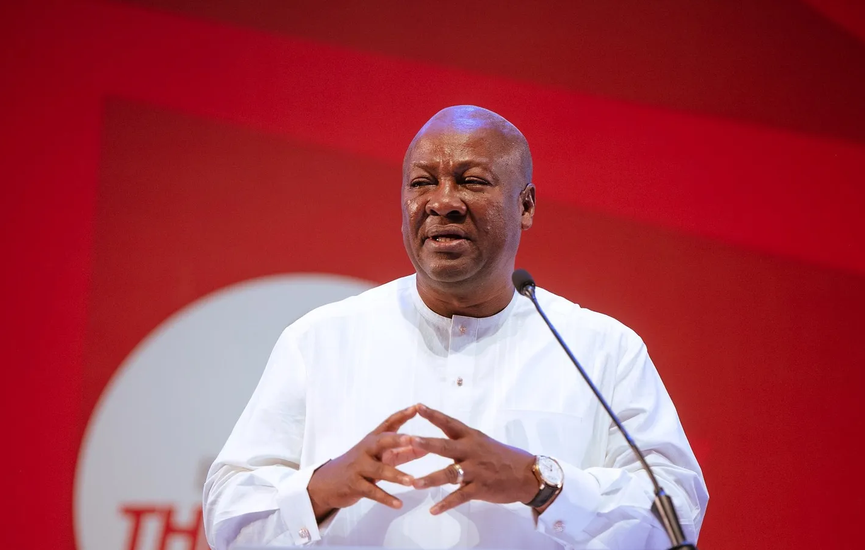President John Dramani Mahama’s decision to grant amnesty to 998 prisoners marks one of the most significant exercises of presidential clemency in Ghana’s recent history. The move, announced on Monday evening, followed a formal recommendation from the Prisons Service Council, which had initially proposed clemency for 1,014 inmates. After careful review and consultation with the Council of State, the president approved the release and sentence adjustments for a wide range of individuals, reflecting both humanitarian concern and a strategic effort to ease pressure on the country’s overcrowded prison system.
Among those granted amnesty, 787 were first-time offenders, individuals who had committed crimes but had no prior convictions. This group represents a key focus of rehabilitation efforts, as authorities often view first-time offenders as more likely to reintegrate successfully into society. In a particularly notable gesture, the president commuted the sentences of 87 prisoners who had been on death row, converting their punishment to life imprisonment. This act aligns with global trends toward reducing the use of capital punishment and reflects Ghana’s evolving stance on human rights.
Further demonstrating compassion, the president reduced the sentences of 51 inmates serving life terms to a fixed duration of 20 years. This change offers these individuals a clearer path toward eventual release and reintegration. The amnesty also extended to vulnerable groups: 33 seriously ill prisoners were released on humanitarian grounds, as were 36 elderly inmates aged over 70, whose continued incarceration posed ethical and medical concerns. Two nursing mothers were pardoned, acknowledging the unique challenges faced by women raising infants behind bars. Additionally, two prisoners whose petitions had been reviewed and found compelling were granted clemency.
This mass amnesty comes at a time when Ghana’s prison population has reached significant levels. As of August 11, 2025, the Ghana Prison Services reported a total of 14,044 inmates across the country’s facilities. With Ghana’s national population estimated at 34.43 million by the end of 2024, the scale of incarceration has prompted ongoing discussions about criminal justice reform, rehabilitation, and the humane treatment of prisoners.
Presidential clemency has long been a feature of Ghana’s legal and political landscape, often used to correct judicial excesses, respond to humanitarian concerns, or mark national milestones. President Mahama’s decision reflects a blend of legal discretion and moral responsibility, offering a second chance to nearly a thousand individuals while signaling a broader commitment to justice tempered with mercy.
